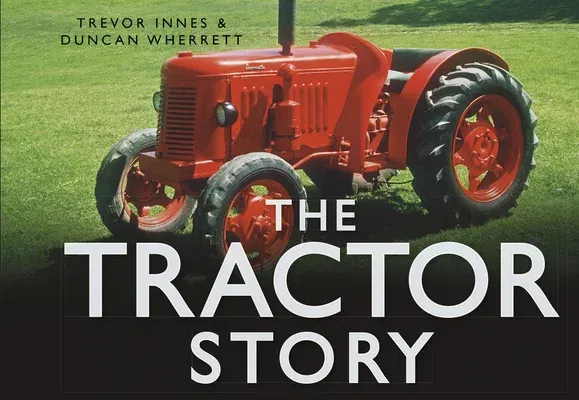Duncan Wherrett
(Author)The Tractor StoryHardcover, 2 November 2011

Qty
1
Turbo
Ships in 2 - 3 days
In Stock
Free Delivery
Cash on Delivery
15 Days
Free Returns
Secure Checkout

Part of Series
Story
Print Length
128 pages
Language
English
Publisher
History Press
Date Published
2 Nov 2011
ISBN-10
0752461982
ISBN-13
9780752461984
Description
Product Details
Authors:
Book Format:
Hardcover
Country of Origin:
CN
Date Published:
2 November 2011
Dimensions:
12.7 x
18.8 x
1.52 cm
ISBN-10:
0752461982
ISBN-13:
9780752461984
Language:
English
Location:
Stroud
Pages:
128
Publisher:
Series:
Weight:
249.48 gm